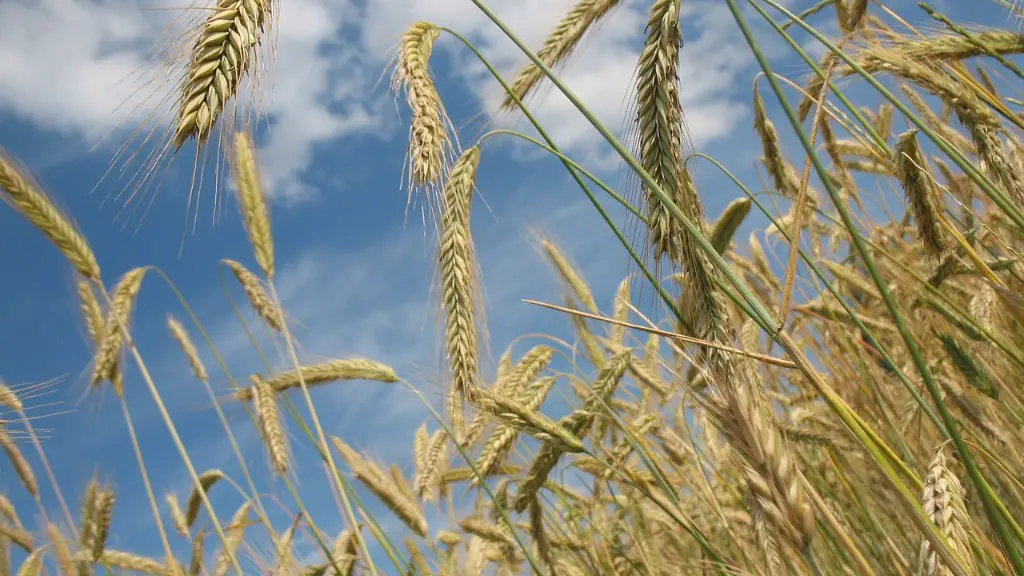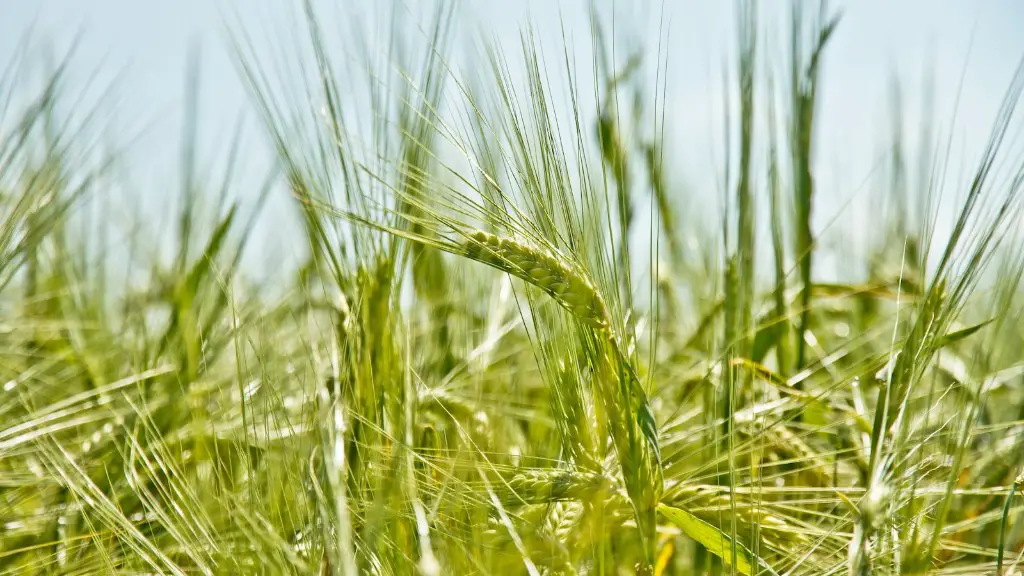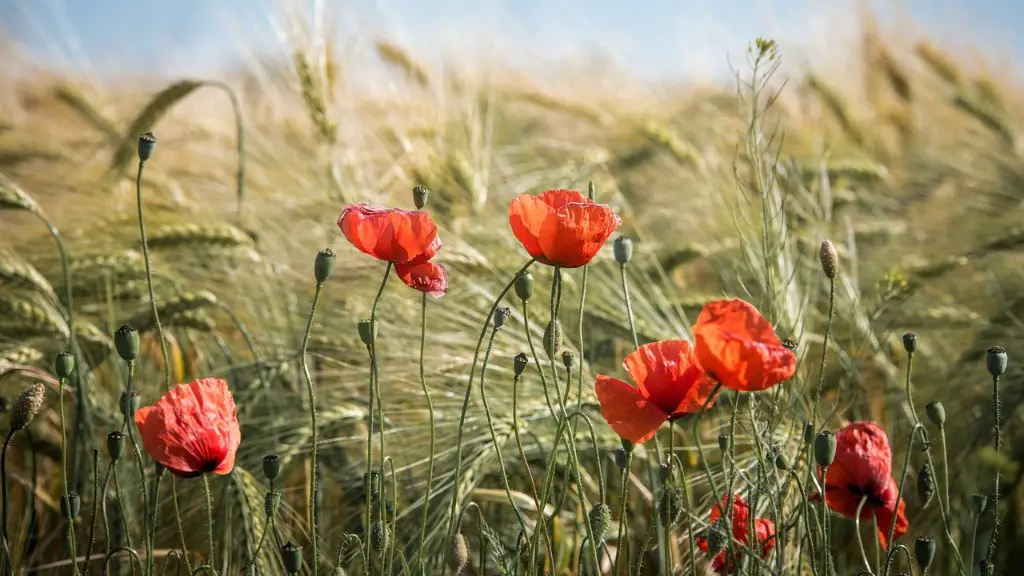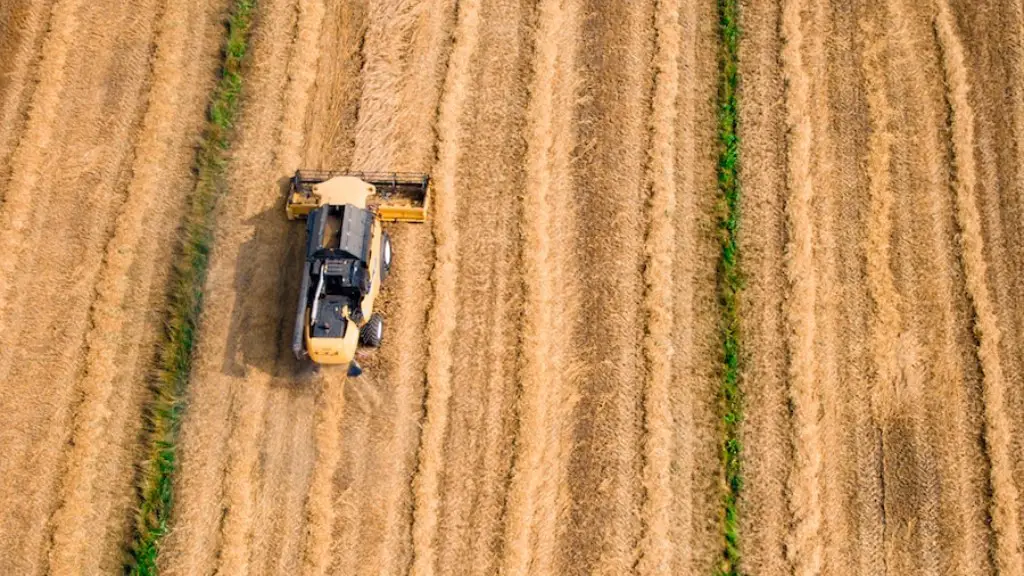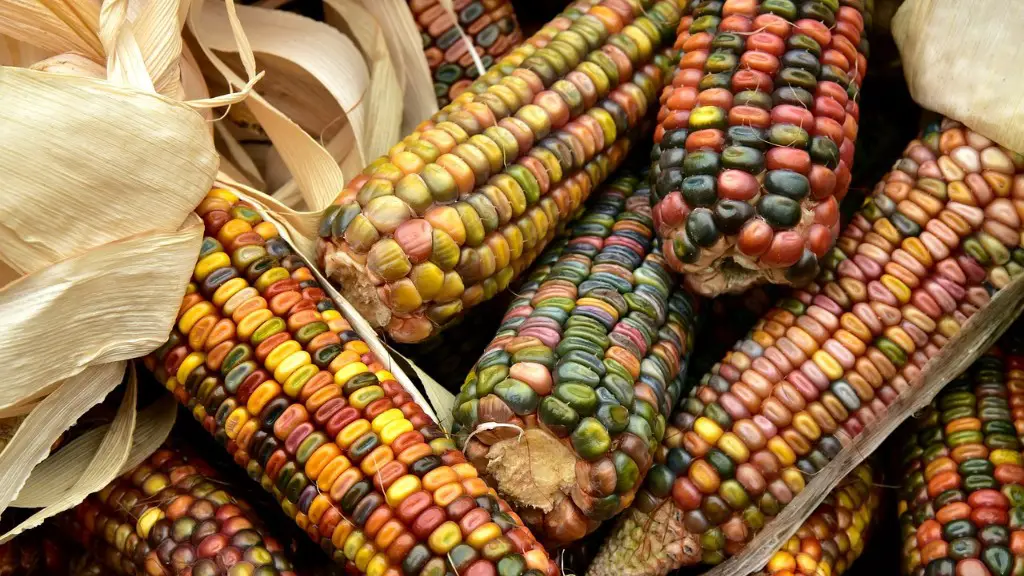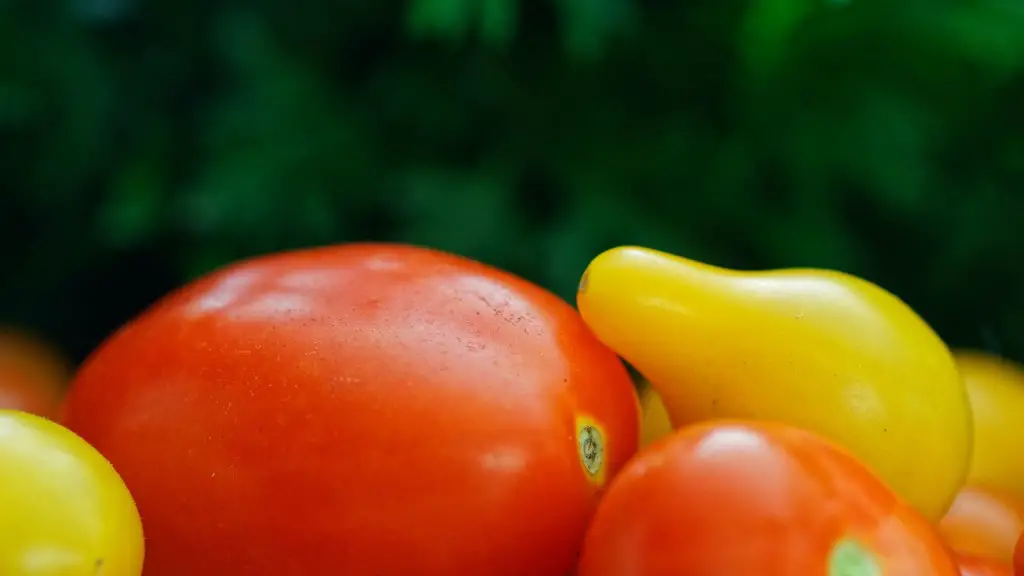Agriculture is a vital part of the global food system, but it also has significant impacts on the environment. The way that agriculture is practiced can cause greenhouse gas emissions, soil erosion, water pollution, and deforestation. These environmental impacts can in turn contribute to climate change, which can have even more devastating effects on the planet.
Agriculture has a profound impact on the environment. The way we grow and raise our crops and livestock can have a significant impact on the air, water, and soil. Agricultural practices can contribute to water pollution, soil erosion, and deforestation. Some crop production techniques can also lead to greenhouse gas emissions.
What are 3 effects of agriculture on the environment?
The large-scale, conventional farming system has been in place for many years and has been the primary source of food production for the world. However, this system is not sustainable in the long term. It is heavily reliant on fossil fuels, pesticides, antibiotics, and synthetic fertilizers, which are all contributing to climate change. Additionally, this type of farming depletes soil fertility, pollutes air and water, and creates other environmental problems.
Sustainable agriculture is a type of agriculture that is practiced with the intention of preserving the earth’s natural resources. This includes soil quality, water resources, and biodiversity. Sustainable agriculture also has the added benefit of reducing erosion and preserving water.
Are there any negative effects of agriculture
The government has implemented financial assistance programs that enable farmers to reduce their GHG emissions from agriculture. These programs help farmers by providing funding for projects that improve manure management and reduce enteric fermentation.
Agriculture is one of the most important aspects of human civilization. It is the main source of raw materials for industry and commerce, and it plays a big role in a nation’s economy. It is also a crucial part of a country’s development, and it can help heal the environment.
What are 3 importance of agriculture?
Agriculture is the main driver of biodiversity loss, but it can also be a powerful tool for biodiversity conservation. By increasing the diversity of crops and management practices, agriculture can create the enabling environment for biodiversity to flourish. This in turn will lead to healthier soil, less erosion, better water conservation, and healthier pollinators.
The environment matters to agriculture because it provides the basis for food and agricultural systems. Agriculture can have positive (e.g., conserving habitat for wild species) or negative (pollution, soil degradation) impacts on the environment.
What are 3 problems of agriculture?
The triple challenge of feeding a growing population, providing a livelihood for farmers, and protecting the environment is one that must be tackled together if we are to make sustainable progress in any of them. By working together, we can develop solutions that address all three challenges simultaneously. This will require innovative thinking and a commitment to working collaboratively towards a common goal. Only by taking on the triple challenge together can we hope to achieve a sustainable future.
The loss of agricultural land is a major problem for farmers. When farmers lose their land, they have to find new land to farm. This can be difficult, especially if the farmer doesn’t have enough money. The loss of agricultural land also decreases the variety of crops and livestock that are produced. This is because when farmers lose their land, they can’t grow as many different kinds of crops. They also can’t keep as many different kinds of animals. This decrease in variety can lead to problems for people who depend on agriculture for their food.
What are the disadvantages of agriculture on environment
Industrial agriculture has a number of disadvantages that can lead to negative consequences for both the environment and the people involved.
Deforestation is one of the major problems associated with industrial agriculture. The clearing of trees to make way for new farmland destroys natural habitats and disrupts the balance of an ecosystem.
Intensive farming practices can also lead to soil degradation. The overuse of pesticides and herbicides can kill beneficial organisms in the soil, while the heavy use of machinery can compact the soil and make it less productive.
Pest and weed resistance to chemicals is another problem that can arise from industrial agriculture. When pests and weeds become resistant to the chemicals used to control them, farmers have to use ever-increasing amounts of these chemicals, which can lead to pollution.
The soil degradation, water pollution, and climate change that can result from industrial agriculture can have a negative impact on human health. These problems can cause respiratory and gastrointestinal illnesses, as well as skin diseases.
Agriculture plays a significant role in society and the economy. It not only provides food and raw materials, but also supports livelihoods and creates jobs. Agriculture also has a impact on trade and the economy.
What are the five benefits of agriculture?
Farming is a great way to live a healthy lifestyle. It is challenging and stimulating work that provides a source of income in rural areas. Farm work also helps develop the younger generations. And, farming can help the environment thrive.
One of the big pros of agriculture is that it provides a lot of food. This is because farmers can grow crops much more efficiently than people can hunt and gather food. Another big pro of agriculture is that it is generally much safer than hunting. This is because farmers don’t have to worry about being attacked by dangerous animals. However, there are also some cons to agriculture. One of the biggest cons is that it can lead to conflicts over who gets access to the food supply. This is because some people might try to steal crops or block others from getting to the food. Another potential con is that weather conditions can damage crops. This can lead to famine and other problems. Overall, there are both pros and cons to agriculture. It is up to each individual to decide whether the pros outweigh the cons.
What are 3 benefits of sustainable agriculture
Farm families and communities play an important role in producing food and fiber for human needs. Increasing farm income can help promote environmental stewardship and enhance quality of life for farm families. Increasing production for human food and fiber needs can also help to increase farm income.
It is clear that agriculture plays a critical role in achieving economic growth, reducing poverty and improving food security. In order to tap into the full potential of agriculture, countries need to make sure that they are investing in the sector and supporting farmers. This will ensure that agriculture can make a meaningful contribution to the overall economic development of a country.
What is the link between agriculture and environment?
Different farming systems have different impacts on the environment. Some farming systems, like organic farming, can have positive impacts on the environment, generating semi-natural habitats with high levels of biodiversity. Other farming systems, like intensive farming, can have negative impacts on the environment, causing pollution, eutrophication and deterioration of habitats.
Agriculture has a significant impact on the environment, both positive and negative. On the positive side, agriculture can help reduce CO2 levels, improve air quality, provide habitat for wildlife, and provide food. On the negative side, agriculture can lead to soil erosion, water pollution, contribute to climate change, and deforestation.
Conclusion
Agriculture has a profound impact on the environment. Agriculture is responsible for soil erosion, water pollution, and depletion of groundwater. Agriculture also contributes to greenhouse gas emissions and climate change.
The negative impact of agriculture on the environment is well documented. The intensified production of crops and livestock has led to the conversion of natural ecosystems into agricultural lands, resulting in the loss of biodiversity and essential ecosystem services. In addition, the overuse of pesticides and other chemicals has contaminated soil and water resources, while the clears of trees and other vegetation has increased the risks of floods and landslides.
